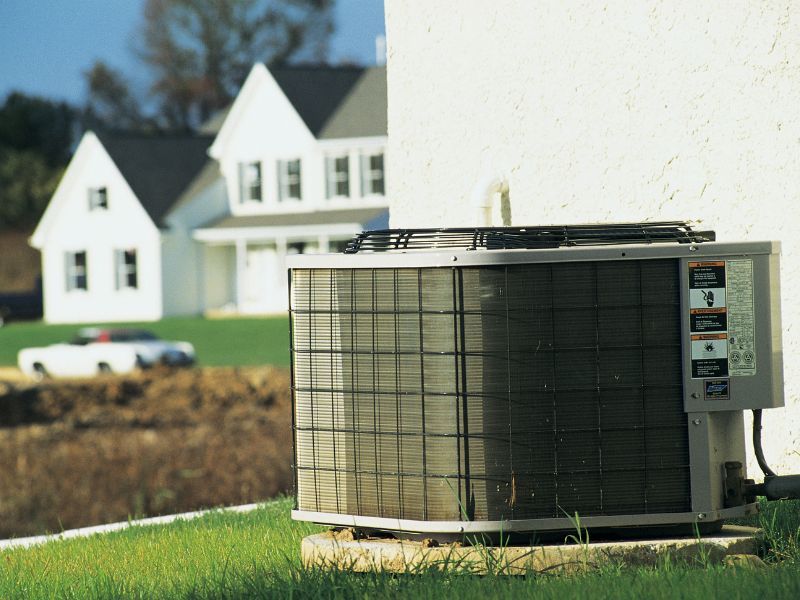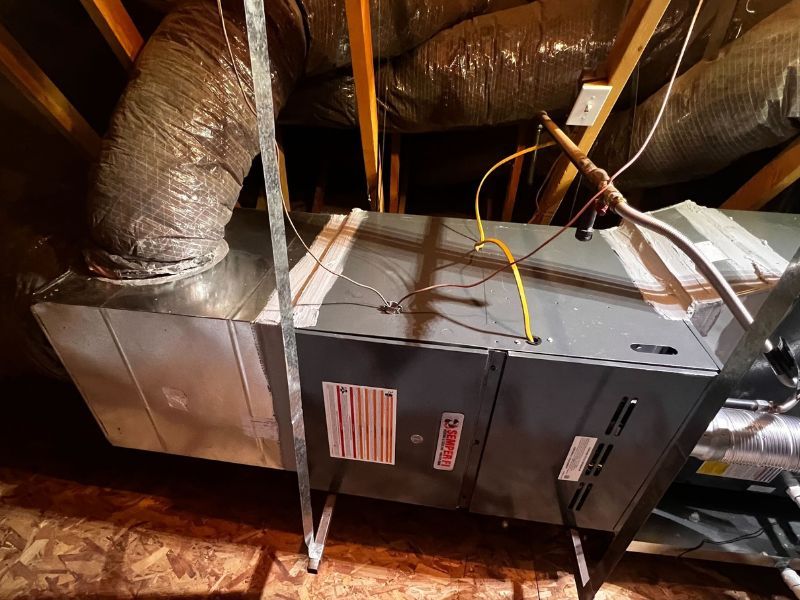What Is a Compressor?
A compressor is a critical component in air conditioning and heat pump systems. It’s responsible for pressurizing the refrigerant, raising its temperature, and circulating it through the system to transfer heat.
The concept of the compressor dates back to the 19th century when researchers explored ways to compress gases for various applications. The development of refrigeration technology and the need for efficient cooling methods drove advancements in compressor design.
Compressor technology has evolved significantly, leading to the development of various types such as reciprocating, rotary, and scroll compressors. Each type offers unique advantages in terms of efficiency, noise levels, and reliability.
People Also Ask About Compressors:
What causes a compressor to fail?
Compressor failure can result from factors like electrical issues, refrigerant leaks, improper maintenance, or prolonged overheating. Regular maintenance and proper usage can help prevent failures.
Can a faulty compressor impact cooling performance?
Yes, a faulty compressor can significantly impact cooling performance. It may lead to inadequate cooling, longer cooling cycles, and reduced energy efficiency.
Is it better to repair or replace a failed compressor?
The decision to repair or replace a failed compressor depends on factors like the compressor’s age, cost of repair, and overall system condition. Consulting an HVAC professional can provide guidance.
HVAC System Cost & HVAC Reviews
Related Pages
Categories


